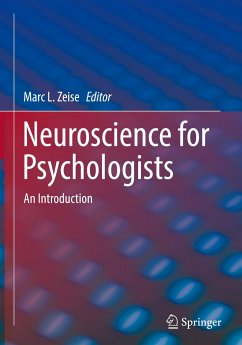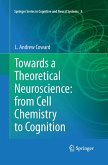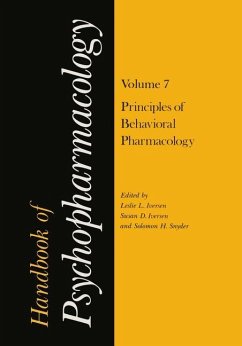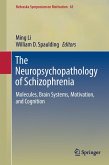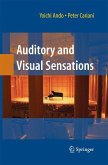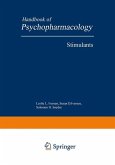This textbook is intended to give an introduction to neuroscience for students and researchers with no biomedical background. Primarily written for psychologists, this volume is a digest giving a rapid but solid overview for people who want to inform themselves about the core fields and core concepts in neuroscience but don't need so many anatomical or biochemical details given in "classical" textbooks for future doctors or biologists. It does not require any previous knowledge in basic science, such as physics or chemistry. On the other hand, it contains chapters that do go beyond the issues dealt with in most neuroscience textbooks: One chapter about mathematical modelling in neuroscience and another about "tools of neuroscience" explaining important methods.
The book is divided in two parts. The first part presents core concepts in neuroscience:
Electrical Signals in the Nervous SystemBasics of NeuropharmacologyNeurotransmitters
The second part presents an overview of the neuroscience fields of special interest for psychology:
Clinical NeuropharmacologyInputs, Outputs and Multisensory ProcessingNeural Plasticity in HumansMathematical Modeling in Neuroscience Subjective Experience and its Neural Basis
The last chapter, "Tools of Neuroscience" presents important methodogical approaches in neuroscience with a special focus on brain imaging.
Neuroscience for Psychologists aims to fill a gap in the teaching literature by providing an introductory text for psychology students that can also be used in other social sciences courses, as well as a complement in courses of neurophysiology, neuropharmacology or similar in careers outside as well as inside biological or medical fields. Students of data sciences, chemistry and physics as well as engineering interested in neurosciencewill also profit from the text.
The book is divided in two parts. The first part presents core concepts in neuroscience:
Electrical Signals in the Nervous SystemBasics of NeuropharmacologyNeurotransmitters
The second part presents an overview of the neuroscience fields of special interest for psychology:
Clinical NeuropharmacologyInputs, Outputs and Multisensory ProcessingNeural Plasticity in HumansMathematical Modeling in Neuroscience Subjective Experience and its Neural Basis
The last chapter, "Tools of Neuroscience" presents important methodogical approaches in neuroscience with a special focus on brain imaging.
Neuroscience for Psychologists aims to fill a gap in the teaching literature by providing an introductory text for psychology students that can also be used in other social sciences courses, as well as a complement in courses of neurophysiology, neuropharmacology or similar in careers outside as well as inside biological or medical fields. Students of data sciences, chemistry and physics as well as engineering interested in neurosciencewill also profit from the text.

